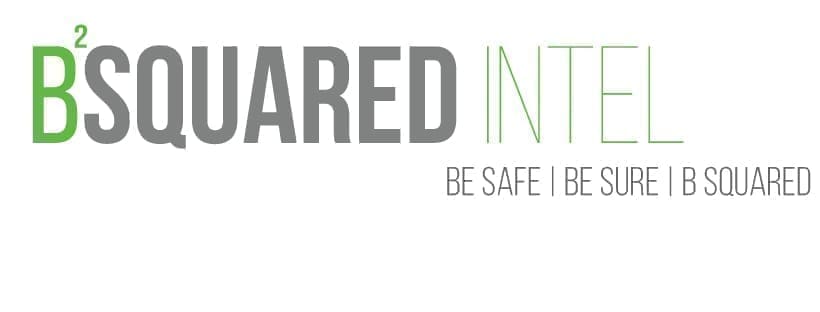A warning to anyone reading this in an abusive/toxic relationship
If you’re reading this article, you’ve most likely searched for something like “how do i know if stalkerware is on my device” or something to that nature. Assume that your partner can see this. Before you decide to get rid of any stalkerware, make sure you have an escape plan well before doing anything as you are cutting off one of your abuser’s methods of controlling and surveilling you. This increases your chance of physical harm. If you do decide you want to go forward with removing stalkerware, only do so when you know it is absolutely 100% safe. Another thing to keep in mind is your abuser may also use other forms of surveillance that don’t rely on your mobile device, and this is beyond the scope of this article. If you suspect your phone has stalkerware installed on it, DO NOT USE IT. Find a clean device to use from someone you absolutely trust with your life to look for answers, or find resources to help you. You can also use a public library’s computers to research stuff on what to do or as a way to get help from the resources we listed at the bottom of the article.
What is stalkerware
Spyware, also referred to as stalkerware, is not new, but the proliferation of smart devices and inexpensive software made the surveilling of significant others easy. Stalkerware is consumer grade malware used to monitor someone without their knowledge. Typical functions include the ability to turn on/off the target phone’s mic and camera, monitor location, log key strokes, or read texts/email.
Polling statistics from Norton Labs and Harris Poll
In 2021, Norton Labs partnered with Harris Poll and surveyed 10,000 people 18 and over across several countries. Here are some of the findings from their efforts:
- About 1 in 10 people in a romantic relationship used an app to monitor the current or former romantic partner.
- 86% of people surveyed don’t know what stalkerware is or have only heard of the term.
- “40% said they didn’t trust their significant other or suspected they were up to no good.”
- “26% of all adults said online stalking is OK if one or both partners have cheated or are suspected of cheating. “
[Source: Norton Labs. June 24, 2021 https://www.nortonlifelock.com/blogs/norton-labs/stalkerware-rise ]
Proactive things to do to reduce the chances of stalkerware being installed on your devices
- Keep your devices up to date.
- Lock your device when it’s not in use and keep your mobile device with you at all times. This will help reduce the likelihood of someone gaining physical access to it.
- Use long and strong passwords for devices and online accounts, at the very least. Make it easy for you to remember and difficult for someone to guess. Don’t use the same password for all of your accounts and don’t recycle a list of passwords you’ve used in the past.
- Do not share passwords for devices or accounts.
- Enable two-factor authentication everywhere possible.
Signs you may have stalkerware on your device
- Be aware of unexpected gifts. Is the gift something your significant other would typically purchase? If it seems out of the ordinary, like a new phone, treat it with suspicion especially if your relationship has ventured into rocky territory.
- Does your significant other know of things going on in your life that they aren’t privy to?
- Does your significant other know where you are at all times?
- Have you noticed changes in the settings on your devices? Are there applications installed that you don’t remember downloading? Is your device running slower than normal? Have you noticed your battery life draining faster than usual?
If you discover stalkerware on your device, this is evidence for law enforcement. Deleting it makes it difficult for them to help you.
Resources for you
- Coalition Against Stalkerware – https://stopstalkerware.org/
- National Domestic Violence Hotline – https://www.thehotline.org/
We hope this helps, if you find yourself in this situation.

